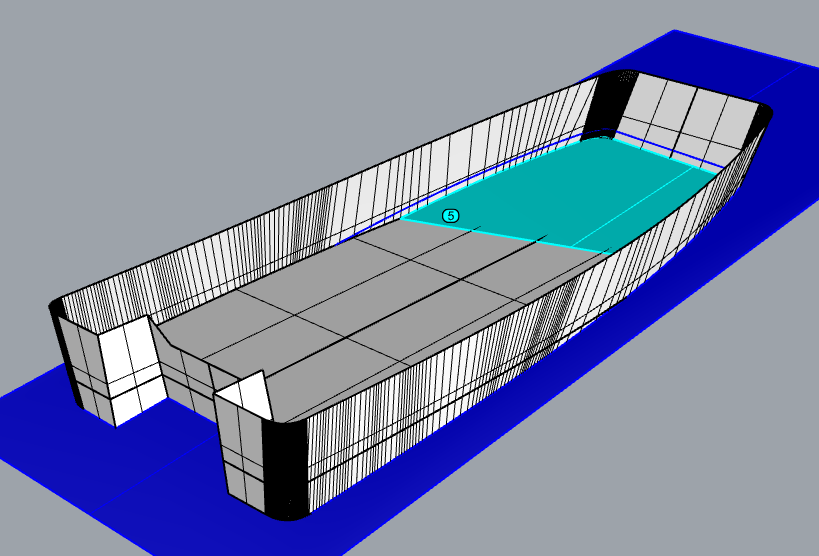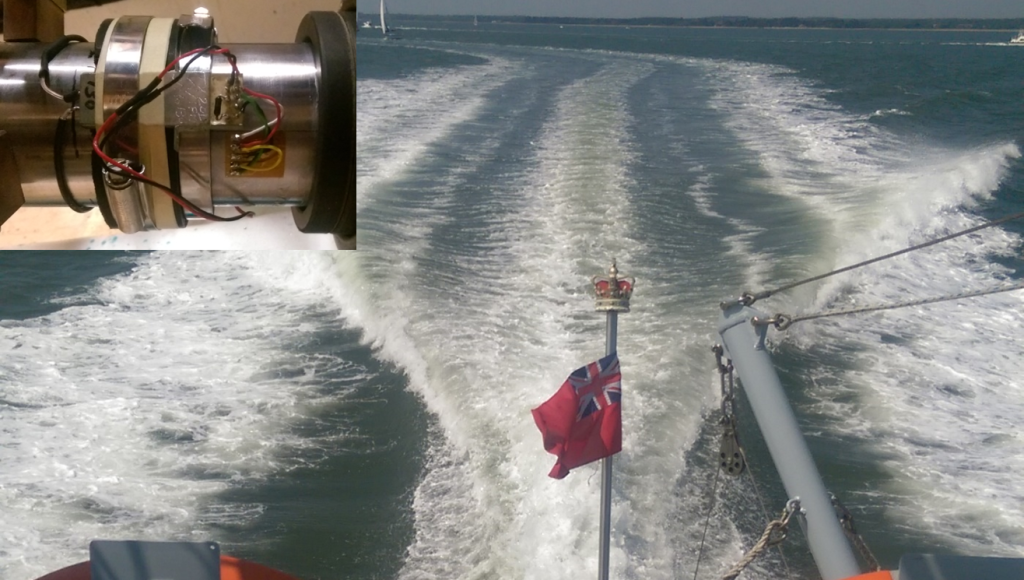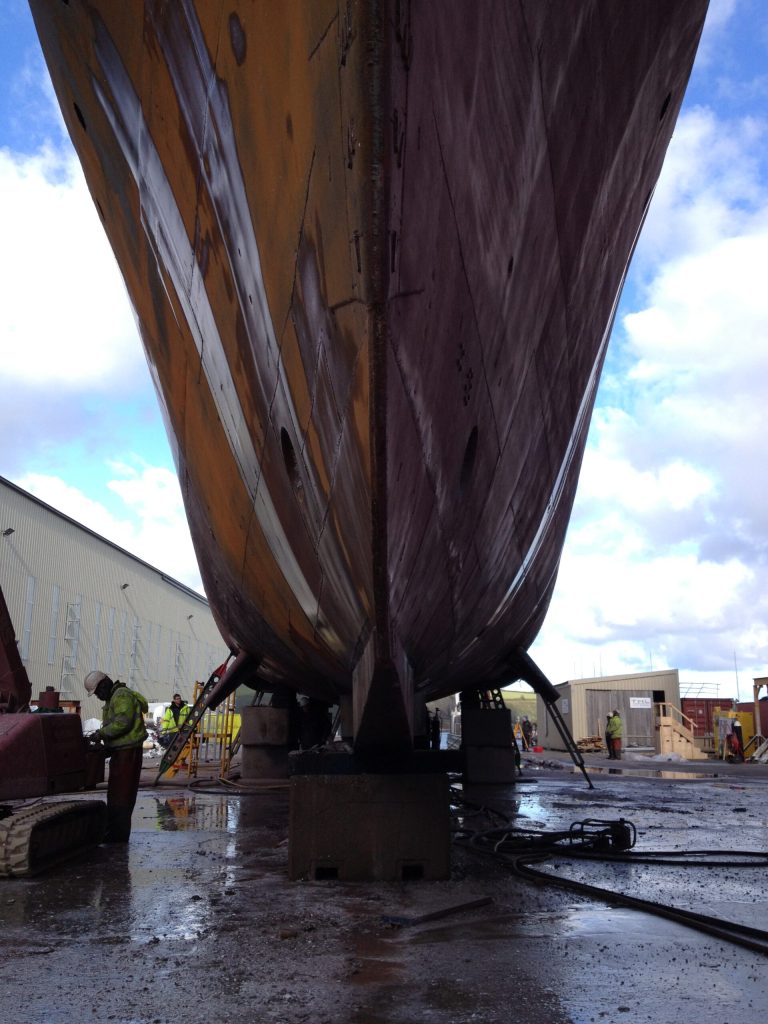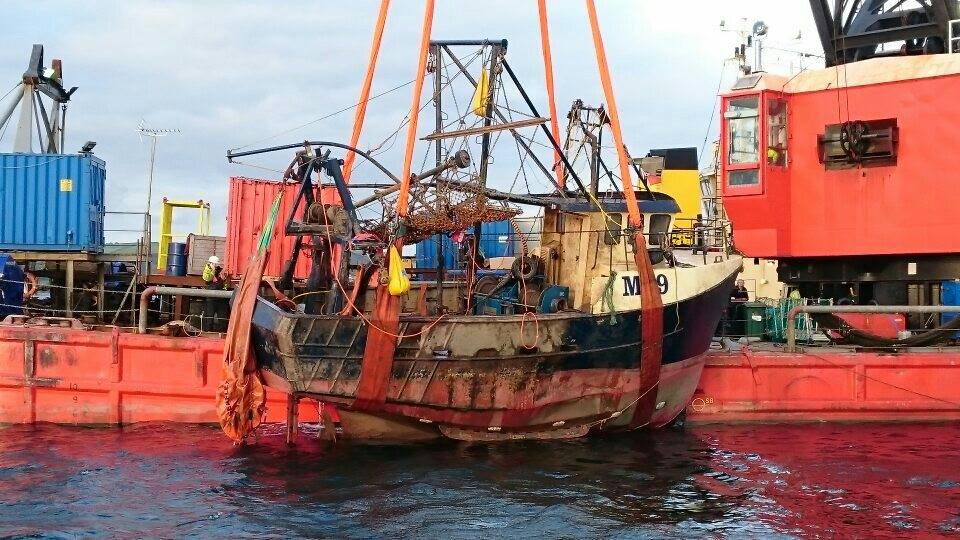Safety Guidance and the Wolfson Method
Safety Guidance and the Wolfson Method
The UK Code of Practice for the Safety of Small Fishing Vessels (MSN 1871 Amt.2) states that ‘all vessels not required to hold a Stability Information Book must have a Wolfson Stability Notice posted on board the vessel, which gives information on the loading of the vessel and its effect on stability’. This new requirement applies to nearly all fishing vessels under 12m registered length (RL) and to pre-2017 fishing vessels between 12m RL and 15m length overall (LOA).
The new Code also recommends that the Wolfson Freeboard Mark, which is integral to the Wolfson Stability Guidance presented in MGN 526(F), be applied to all pre-2021 fishing vessels that are not required to carry a Stability Information Book.

Stability Calculations, Booklets and Inclining Experiments
Stability Calculations, Booklets and Inclining Experiments
A full service is offered to calculate intact and damage stability, conduct inclining experiments, assess stability against the relevant criteria and compile stability booklets to the approval of regulatory authorities. If there is a problem with stability compliance we can advise on modifications to ensure that the vessel meets the minimum criteria. There is more on this on our Marine Consultancy page.
The Wolfson Unit’s hydrostatics and stability software HST allows users to analyse their designs for intact and damage.

Expert Support to Fishing Industry Stakeholders
Expert Support to Fishing Industry Stakeholders
We are currently advising the Maritime and Coastguard Agency (MCA) Fishing Safety group, the National Federation of Fishermen’s Organisations (NFFO) and other fishing industry stakeholders on the implementation of the new Code of Practice for the Safety of Small Fishing Vessels. This has resulted in evidence-based recommendations and policy changes. As an independent marine technology consultancy within the University of Southampton, the Wolfson Unit is ideally placed to provide impartial, evidence-based advice to the fishing industry. These efforts have been supported by the Southampton Marine and Maritime Institute, Public Policy Southampton, the Lloyd’s Register Foundation and The Seafarers Charity.

Model Tests – Capsizing, Handling and Rolling
Model Tests – Capsizing, Handling and Rolling
Vulnerability to capsize can be investigated in the towing tank, with models subjected to severe sea spectra or breaking waves. Past projects conducted in breaking waves have included investigations of capsizing of monohull and multihull sailing yachts and motor yachts, and capsizing and self-righting of rescue craft. A comparison of the monohull and multihull criteria in the International Maritime Organisation High Speed Craft (HSC) Code was investigated using intact and damaged models tested in the dead ship condition in regular waves and sea spectra.
High speed craft and vessels of innovative design can be prone to undesirable behaviour in a seaway. This may be due to some instability in the coupling of roll and yaw, which is not uncommon at high speed, or a feature of the design that leads to unexpected behaviour.
Rolling at anchor can be uncomfortable for passengers and crew, and the fatigue it causes can be dangerous for the operation of any vessel. It can be simulated easily in the towing tank, and the potential benefits of bilge keels or other means of roll reduction can be quantified.

Accident Investigation and Analysis
Accident Investigation and Analysis
The analytical skills and experience of our engineers can prove highly valuable in the investigation of stability related accidents. We provide consultancy to owners, insurers and accident investigators who need expert support with stability assessments and we can use scale models to simulate accident scenarios.
Recent contracts for UK Government agencies have included keel compliance calculations in support of the Cheeki Rafiki investigation, stability appraisals of under 15m fishing vessels and small open craft in aid of Marine Accident Investigation Branch (MAIB) investigations and preparation/validation of digital stability models for use by accident investigators.

Help and Support
If you need any support with your project, please get in touch.
Related Services
-

Expert Witness
Independent, unbiased analysis for accident investigations and engineering disputes.
-

Full Scale Trials and Instrumentation
Measurements of vessel while completing sea trials. 6 axis motions, forces, moments, accelerations, temperatures, pressures, and engine data.
-

Marine Consultancy
Stability booklets, inclining experiments, ship powering, propeller sizing, yacht performance prediction, hull lines measurement and ships lines generation.

